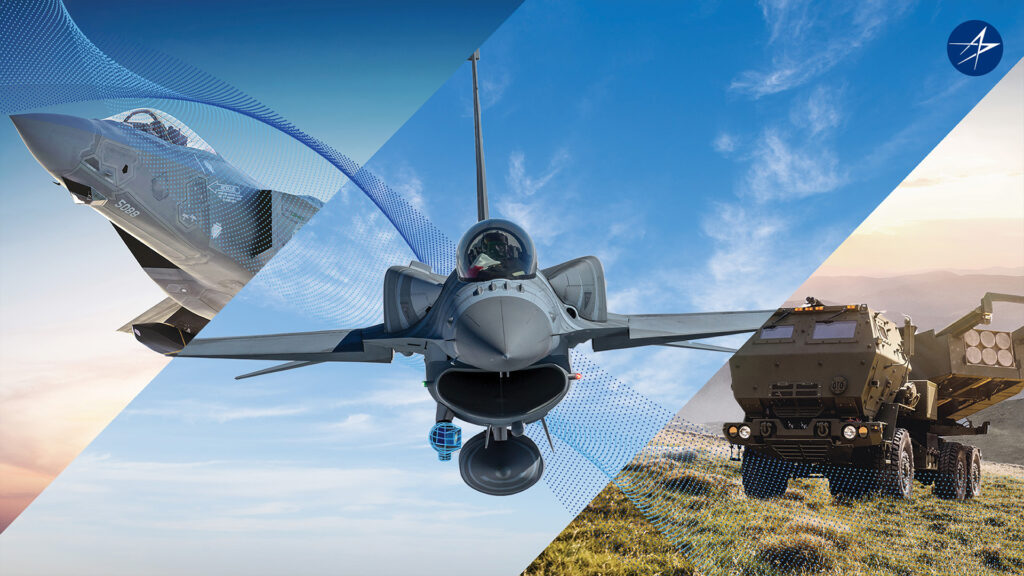Lockheed Martin’s latest Sniper targeting pod allows interoperability between F-35s, fourth-generation aircraft, and ground-based artillery systems such as the HIMARS.
The externally-mounted Sniper pod enables fourth-generation fighters such as the F-16, F-15, and A-10 real-time targeting capability from the cockpit.
Its enhanced version, the Sniper Networked Targeting Pod, enables a fifth-generation F-35 to share targeting and surveillance information with its fourth-generation counterparts.
Interoperable
Similarly, it allows the sharing of information with ground-based command and control systems, enabling the employment of the MLRS family of munitions from either the HIMARS or M270.
“To deliver unprecedented interoperability, we’ve evolved Sniper to do what’s never been done before,” Lockheed Martin Vice President of Sensors & Global Sustainment Stacy Kubicek said.
“The Sniper Networked Targeting Pod connects the battlespace, enabling seamless data sharing across platforms and systems — a capability in high demand by US and allied forces and a powerful force multiplier for joint operations.”
Improves Precision Fires
The system’s development is in response to the need for interoperability between fourth and fifth-generation fighters, as each brings individual attributes to the table.
It also seeks to address the need for target-tracking data from aircraft sensors to improve ground-based precision-fire capability against moving targets.
“The F-35 is the aircraft of choice for allies across NATO. By 2035, there will be more than 600 F-35s in the European region,” VP of F-35 Business Development JR McDonald said.
“The enhanced capabilities the Sniper targeting pod can bring will serve to further enhance the connectivity and interoperability the F-35 brings to current and future customers.”
The system has proven interoperability between air and ground systems in recent tests and demonstrations, with more complex tests involving flight testing and live missile shots being planned.



